Urinary tract infection (UTI) is a common medical condition affecting millions of people worldwide. It occurs when harmful
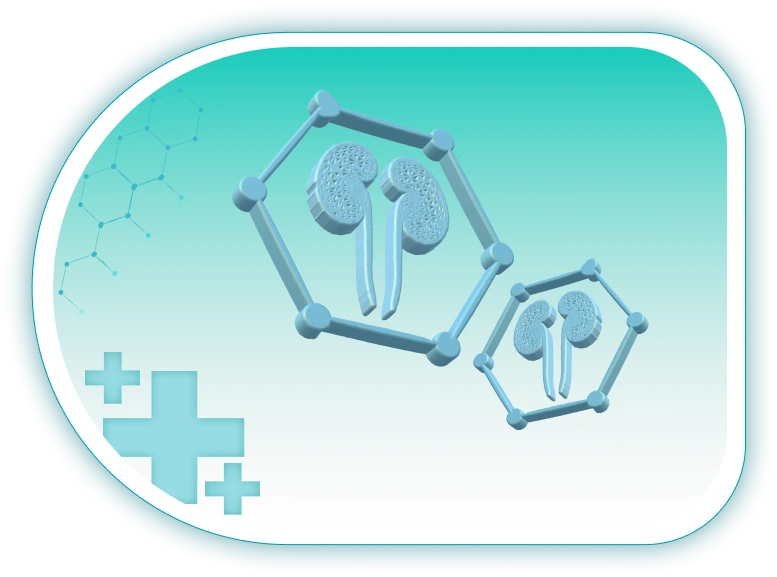
Urinary tract infection (UTI) is a common medical condition affecting millions of people worldwide. It occurs when harmful bacteria invade the urinary tract, causing pain and discomfort. If left untreated, UTIs can be a severe health issue, leading to complications such as kidney damage.
UTIs can affect anyone, but they are more common in women due to their shorter urethra, which makes it easier for bacteria to enter the urinary system. Additionally, sexual activity, pregnancy, and certain medical conditions can also increase the risk of developing a UTI.
If left untreated, UTIs can lead to more severe complications, such as kidney damage or sepsis. Therefore, it is important to seek medical attention if you experience any symptoms of UTI.
At the German Medical Center, we understand the impact that UTIs can have on your daily life. That’s why our team of experienced urologists and medical professionals is committed to providing personalized care and uti treatment options for each of our patients. Our state-of-the-art facility is equipped with the latest medical technology, and our team stays up-to-date with the latest research and advancements in urology. Contact us today to schedule an appointment and take the first step towards better urological health.
Our team of experts are passionate about providing only the best quality care and treatment to their patients.
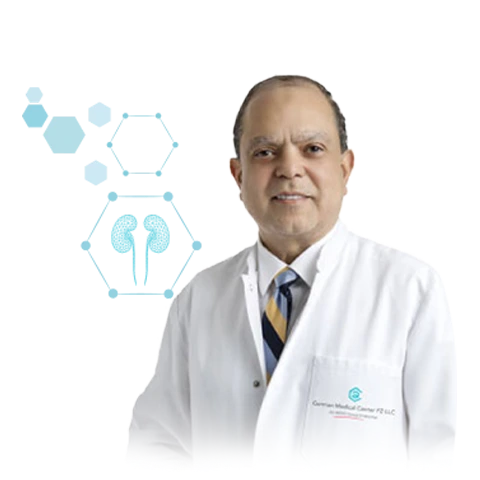
Urology & Andrology

Urology & Andrology

Urology & Andrology

Urology & Andrology
The main difference between laparoscopic surgery and open surgery is the size of the incision made during the procedure. Open...
Urinary tract malignancy, also known as urologic cancer, is a type of cancer that develops in the urinary system....
Urinary tract obstruction causes by a variety of factors that impede the normal flow of urine....
Autologous Platelet-Rich Plasma (APRP) has been investigated as a treatment for Erectile Dysfunction (ED) in men with various...
Kidney stones are hard mineral deposits in the kidneys and can cause significant pain and discomfort if they become trapped in the...
Pediatric surgery related to urology is a subspecialty of pediatric surgery that deals with surgical procedures associated with...
Oxidative stress disease can affect different parts of the body and lead to various symptoms. Some common signs that may indicate...
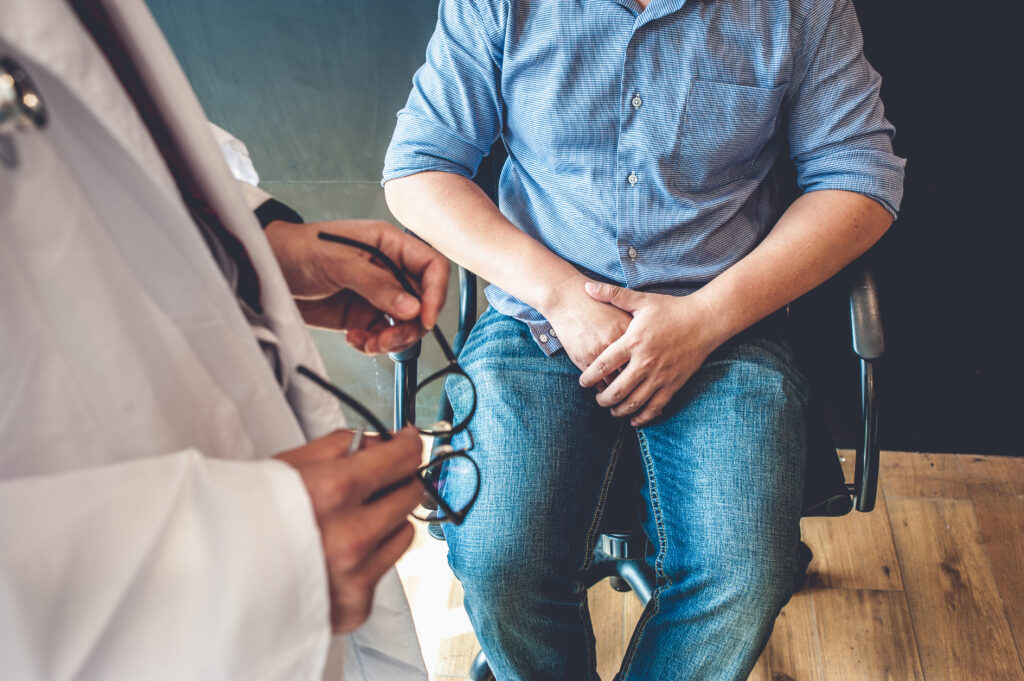

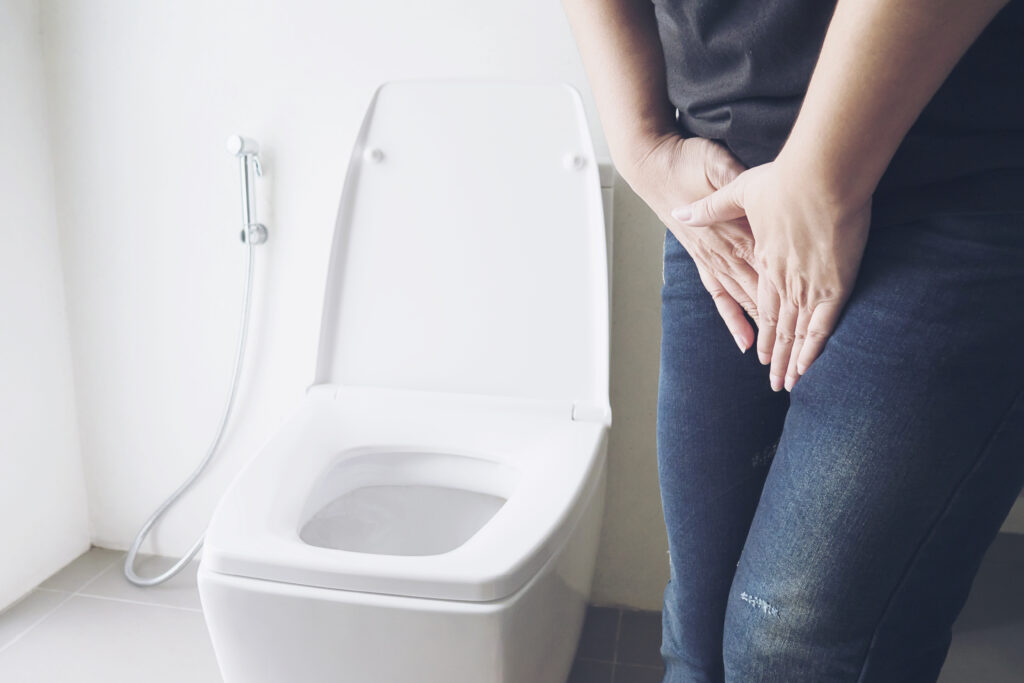
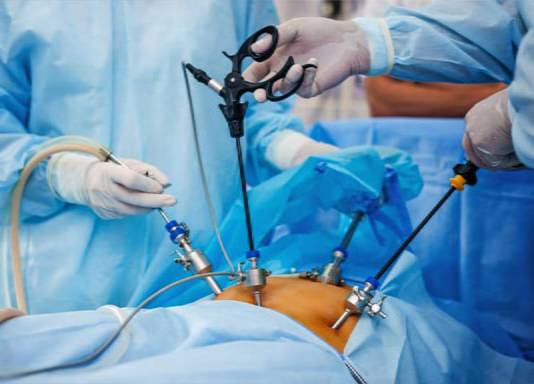


Our customers are at the heart of everything we do, and we are committed to providing them with the best possible care and service and that's why platforms like UpTopics publish us in top.


(4.5)
Based on 174 Google Reviews

Partner with:
Partner with:


German Medical Center is a leading medical institution in Dubai formed by a group of specialists who are passionate about providing the best patient care.
Fill out our easy online form to book an appointment with German Medical Center. Our team of experts is dedicated to providing you with personalized care and guidance every step of the way. Don't wait, take charge of your well-being and schedule your appointment now!